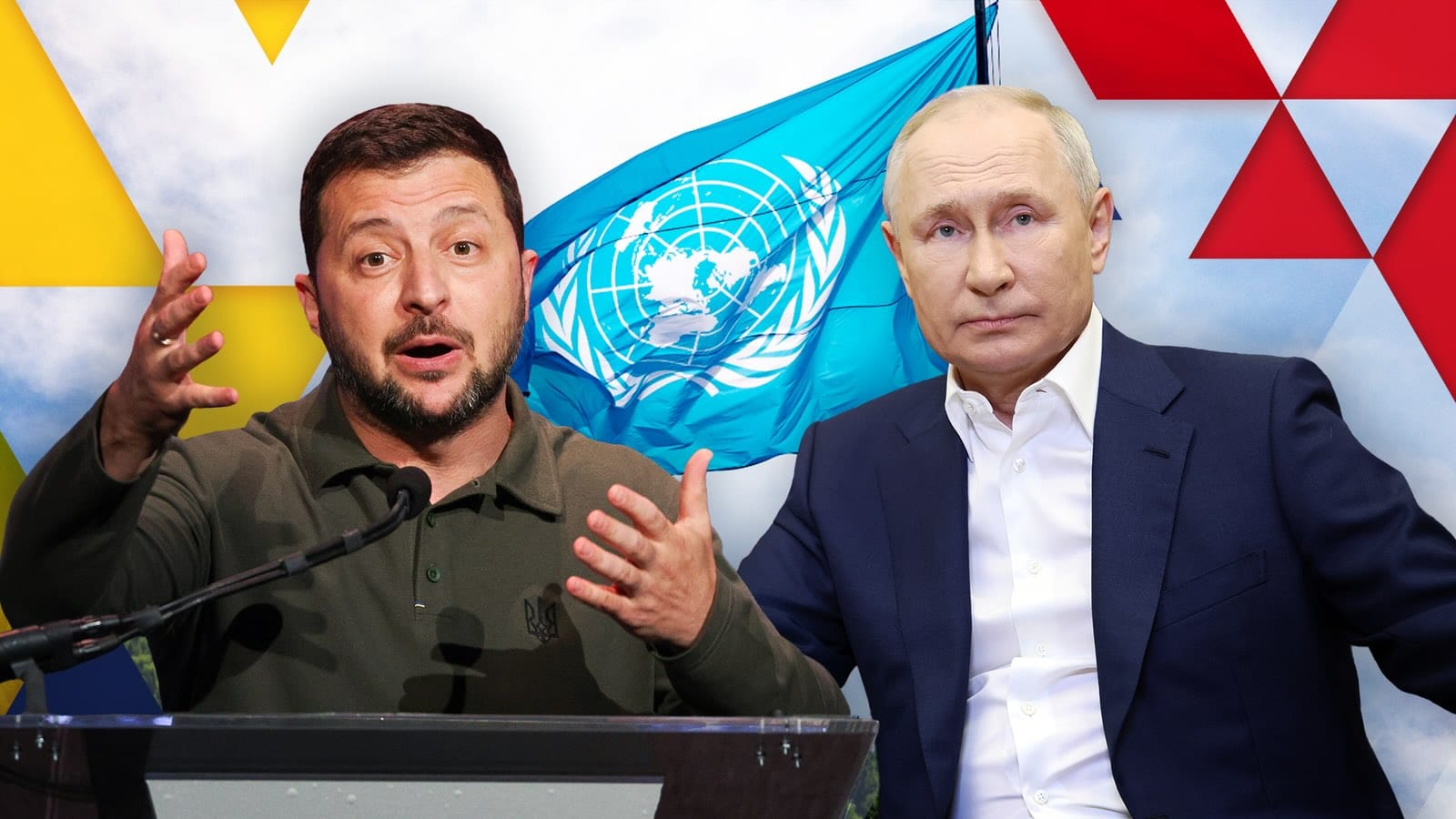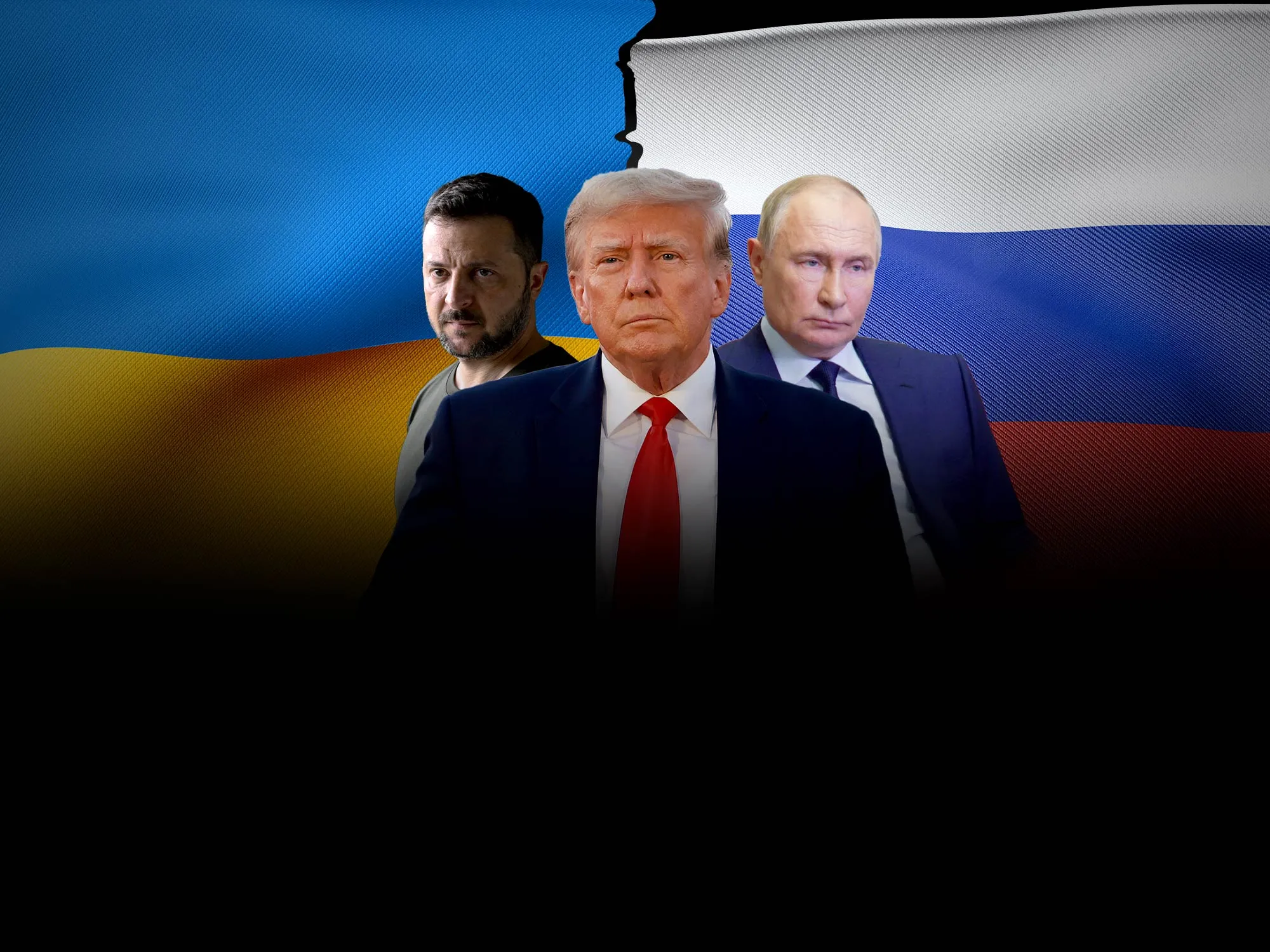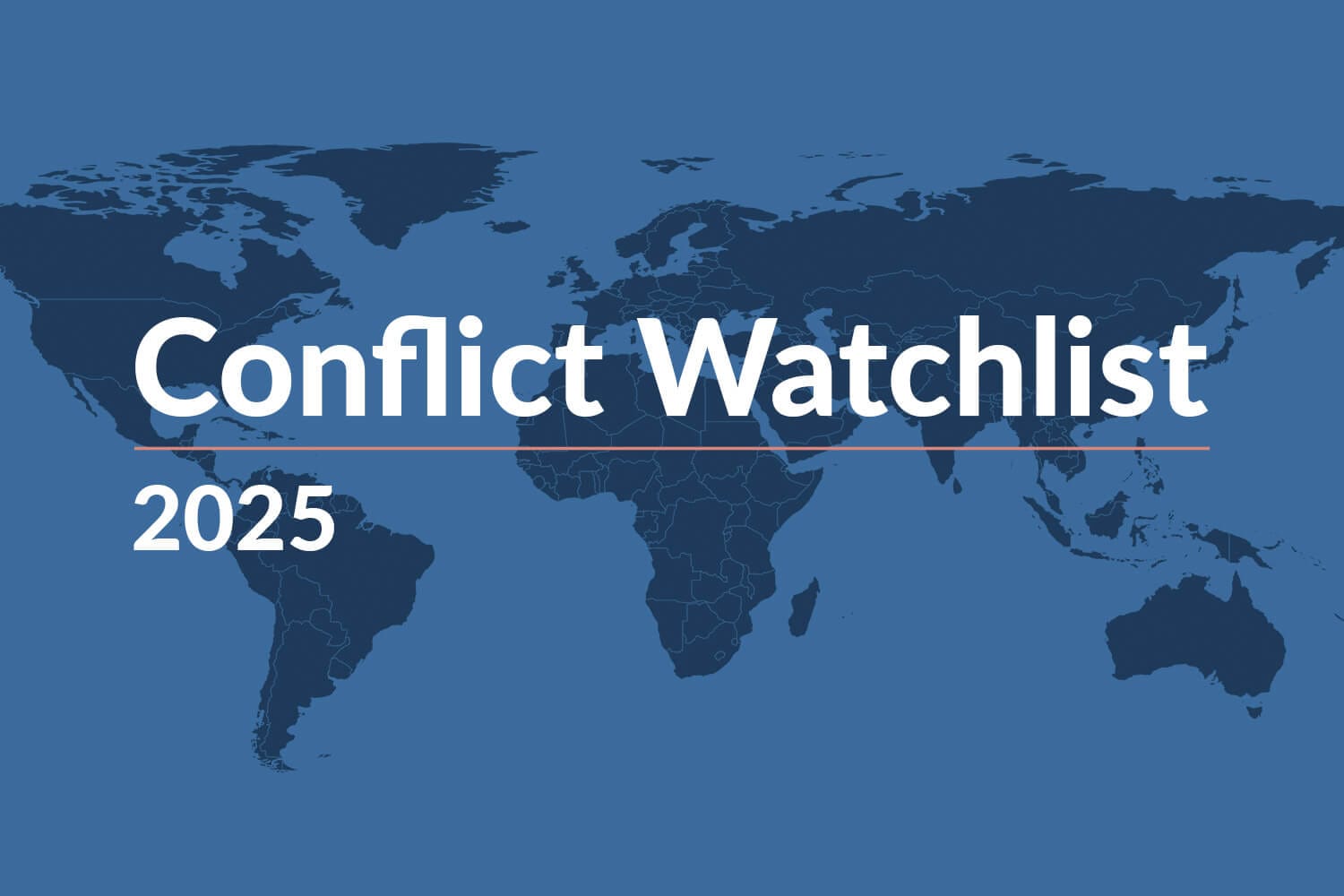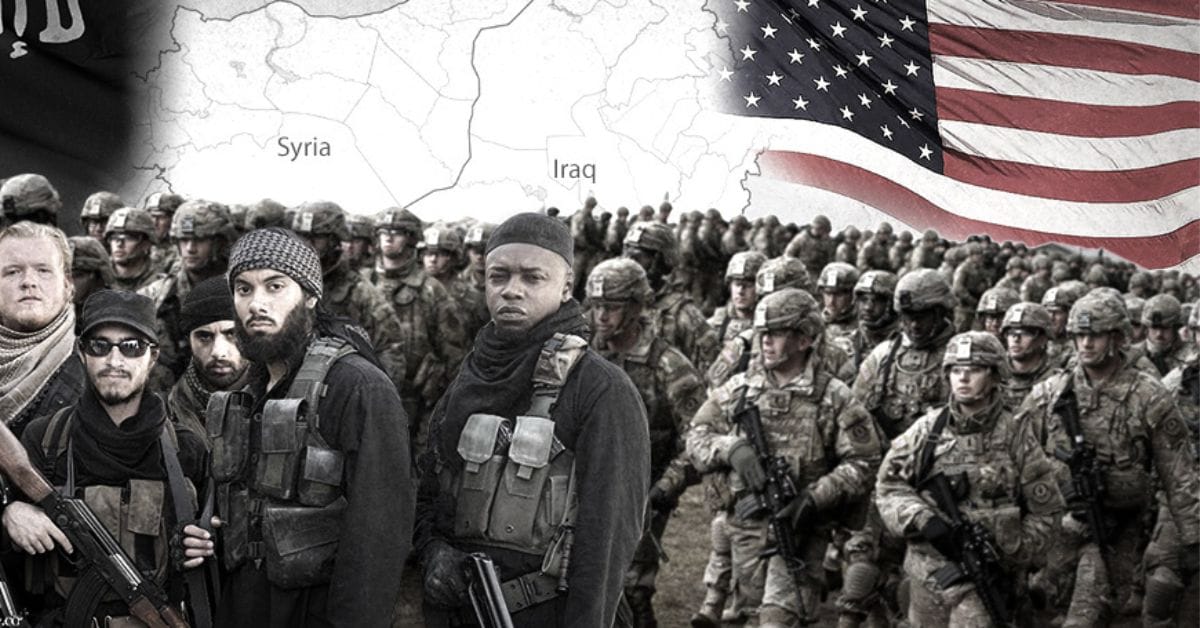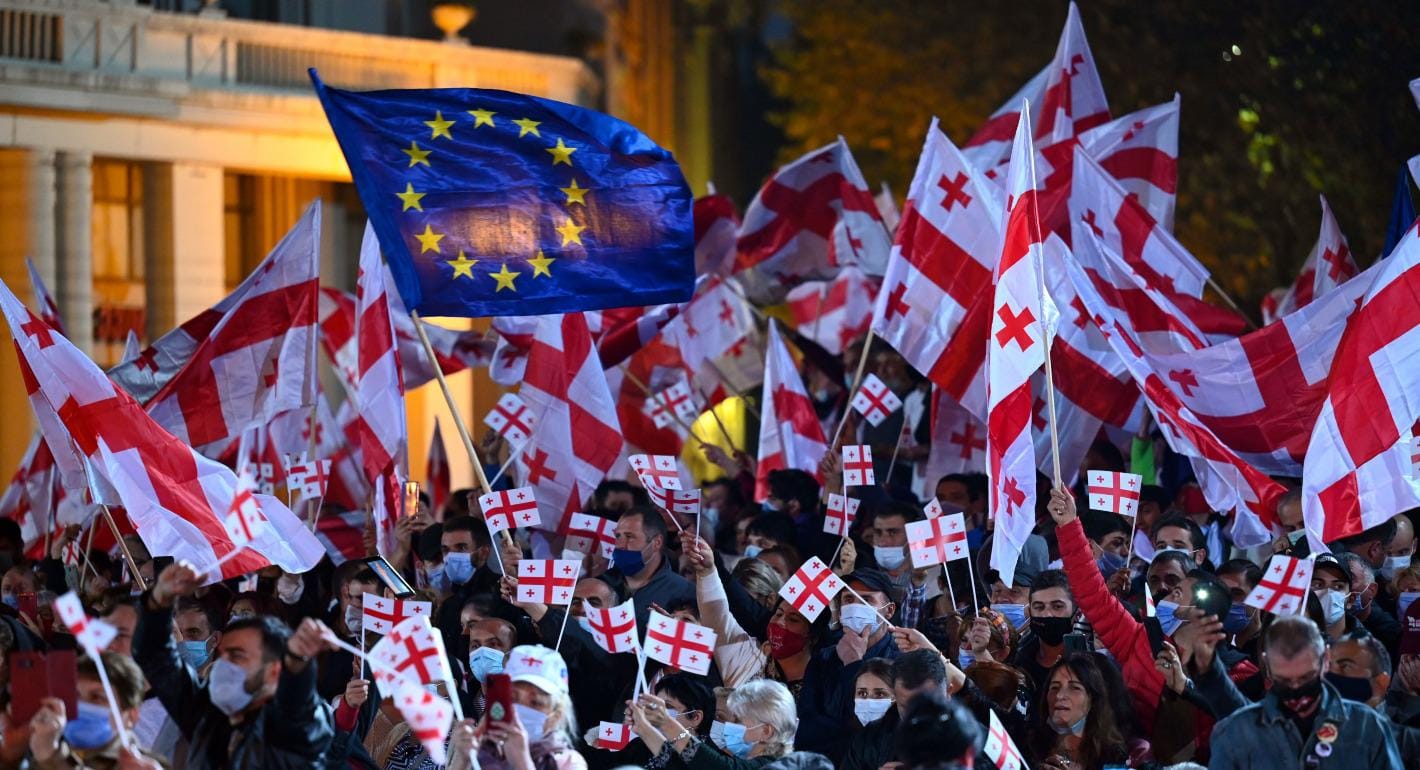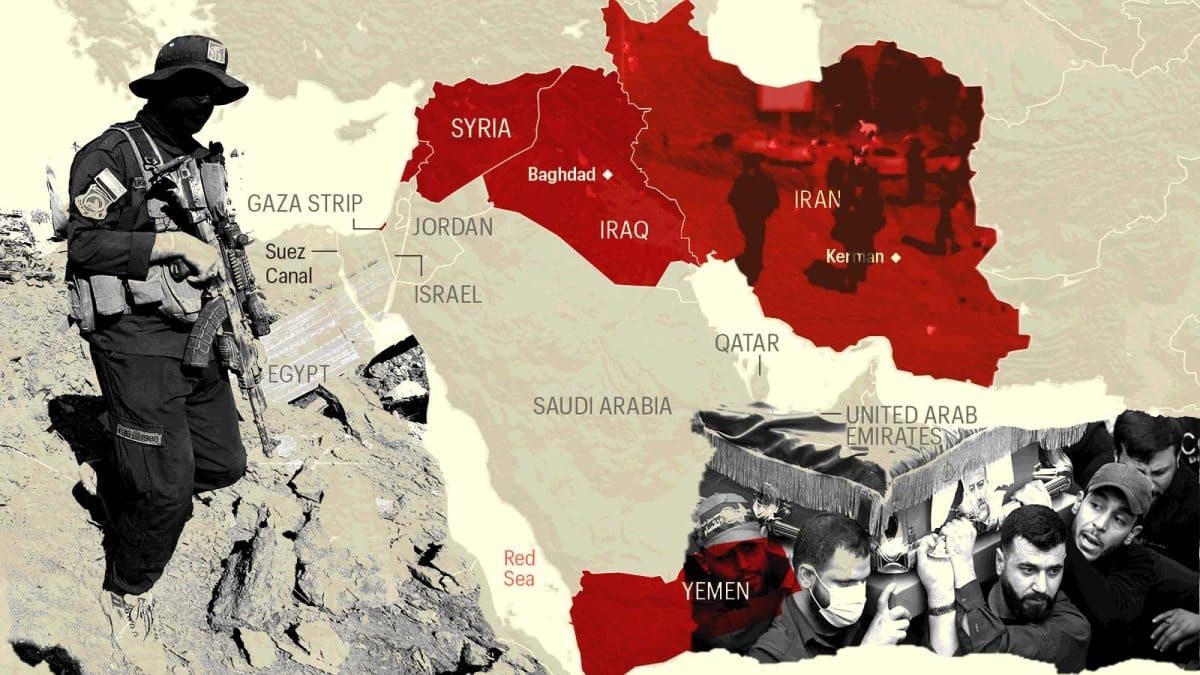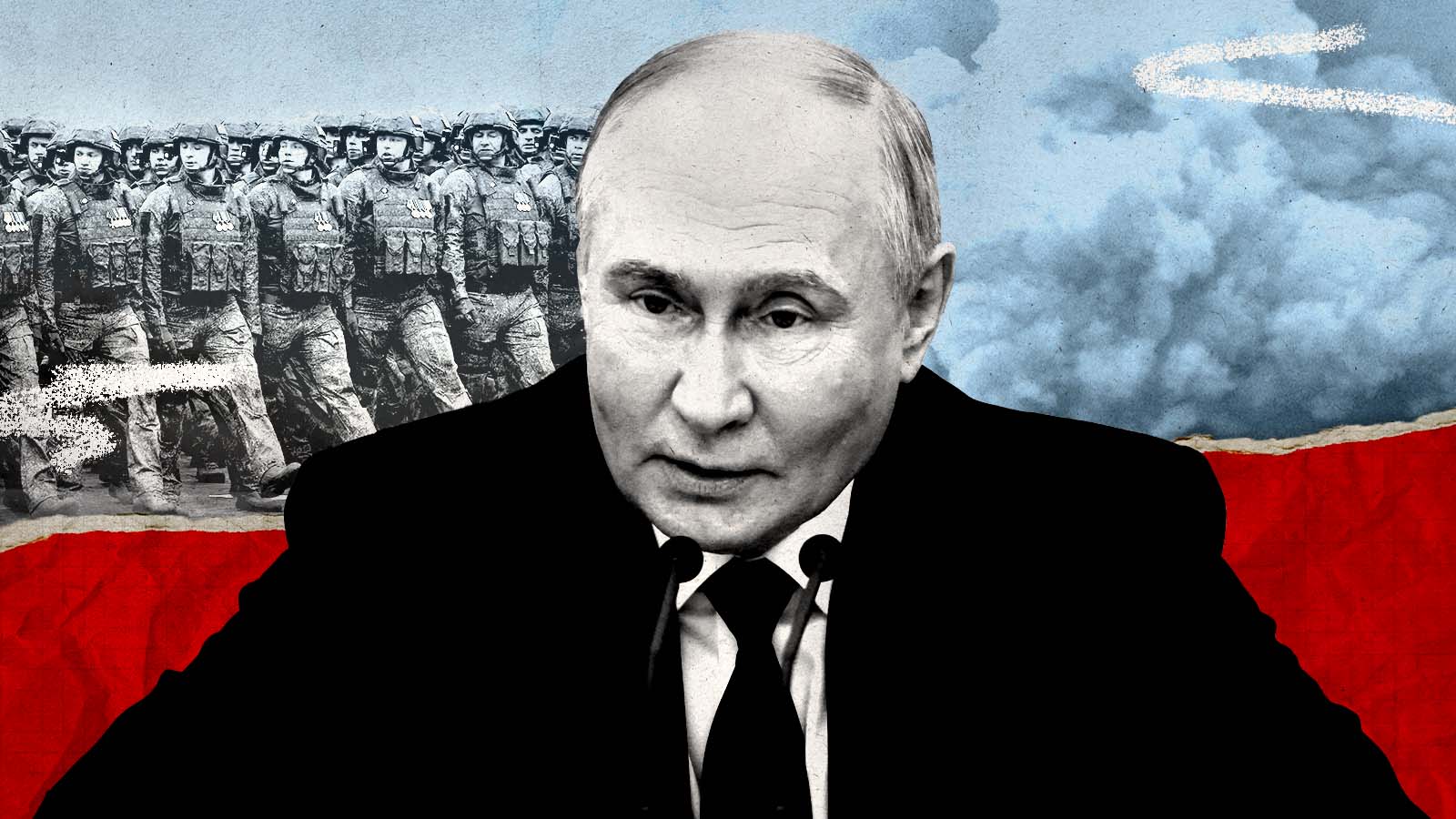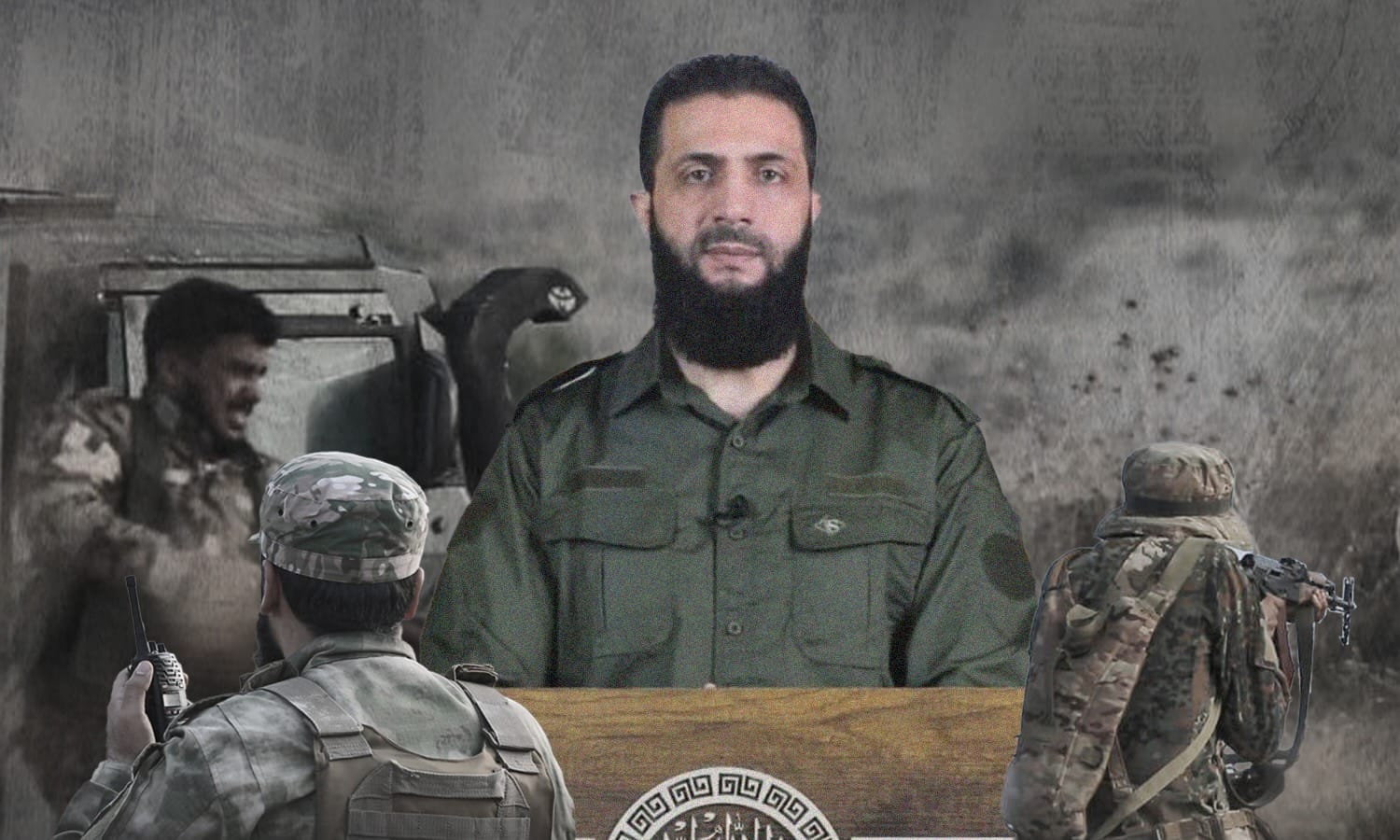The United Nations (UN), formed in 1945 with the lofty goal of averting world conflict and encouraging international cooperation, has been a beacon of hope and multilateralism. Over the years, the UN has shifted its focus from simple state mediation to complicated peacekeeping, peace enforcement, conflict prevention, and post-war reconstruction. Its methodologies were mostly inter-positional during the Cold War. As crises became increasingly complicated, especially after the disintegration of the Soviet Union, international warfare (direct war) was replaced by a rise in domestic civil wars, ethnic conflicts, and political tensions among powerful states.
Tag: Israel-Hamas War
Original Sin: Israel, Palestine and the Revenge of Old West Asia
West Asia is crucial for its geostrategic location, energy security and homes for the oldest religions. Despite its importance, wars and conflict have been contentious affairs in the region. The conflict between Israel and Palestine for their homeland has been the centre of the regional countries’ domestic and foreign politics. Every event has stories of two sides: the one Western media, governments, and diplomats tell or write about, and the second one is what really happened during the events. The first sets the narrative according to their requirements, and the second one will bring people closer to the truth, where they are free to perceive or understand the events according to their observation.
Trump to Mediate Peace between Russia and Ukraine
Nobody expects Donald Trump to end the Ukraine war in 24 hours, as he has claimed he could in the past. However, the new administration, which takes office on January 20th, is highly invested in bringing both sides to the negotiating a peace deal. But even that may prove difficult. In an Interview on December 30th the Russian foreign minister, Sergei Lavrov, slammed leaked proposals from Trump’s team for a peace deal. Putin, who believes Russia is winning, has given no sign of retreating from his maximalist goals.
10 Global Conflicts to Watch in 2025
In the Middle East, a chain of conflicts is taking place set off by Hamas’s Oct. 7, 2023, attack on Israel followed by the latter’s retaliation on Gaza Strip; Iran’s region wide attack through non-state proxies; and thus, setting a stage for Islamist rebels to topple the Assad’s regime, ending a half-century-old dictatorship in Syria. We also witnessed more aggression from Russia on Ukraine and thereby threatening a wider confrontation in Europe.
Islamic State is back in the United States
On New Year’s Day Shamsud-Din Jabbar, a 42-year-old American, rammed a pickup truck into a crowd in New Orleans, killing at least 14 and injuring 35. The FBI says it was terrorism; Jabbar had an Islamic State flag. If Jabbar was inspired by the ISIS, the Jihadist group can add the attack to its recent successes. Exactly a year ago, an ISIS terrorist killed 95 civilians in Iran during a ceremony to commemorate Qassam Soleimani, a top general assassinated by America.
Constitutional Crisis in Georgia
On New Year’s Eve demonstrators in Tbilisi, Georgia’s capital, held a supra (a traditional feast) outside the parliament. They were not only welcoming in 2025 but expressing, yet again, their outrage at the ruling Georgian Dream party. In November, after winning a dodgy election, it halted EU-accession talks. The protestors, who will probably assemble for a 36th consecutive day on Thursday despite attempts to dissuade them with beatings, water cannon and tear gas, want a fresh vote to get Georgia back on a pro-Western track.
The AI Revolution Comes to Drugs
Developing a drug is a complex process that often fails. It begins by identifying a target, such as a protein or gene, associated with a disease. Researchers then search for a molecule that can either block or enhance the target’s activity safely. This can involve screening as many as 1 million compounds before selecting just one or two promising candidates. Software can help to identify such molecules. But generative artificial intelligence (AI) can dream up entirely new ones to test. BCG, a consultancy, estimates that about 65 AI-inspired molecules are currently being tested on humans.
Israel’s Ceasefire in Lebanon and Iran’s Next Move
Iran analysts live by two core assumptions: that the country wants to fight Israel through proxies, rather than directly, and that it doesn’t want all-out war. Both now look fragile. Iran launched missiles at Israel in April and October, both in retaliation for Israeli attacks. Most of the missiles were intercepted. But now Iran appears weaker: Israeli strikes on Iranian military facilities on October 26th struck a blow to its defences and its strategy. And the killing of Hizbollah’s top ranks dealt a blow to the “axis of resistance”, a group of militias backed by Iran.
This Year, Putin’s Way
On Thursday Vladimir Putin hosts his annual press conference, in which he answers softball questions about the year’s achivements at great length. Russia’s president may be cheerful. His forces continue to progress in eastern Ukraine, albeit at a cost of many men. And Donald Trump’s victory might provide a boon. Many people think he will keep his promise to end the war swiftly by imposing a bad deal on Ukraine. Still, the Russian president has plenty of problems.
The Caretaker Prime Minister of Syria
On 8 December 2024, the Syrian Arab Republic under Bashar al-Assad collapsed amid major offensives by the Syrian opposition (led by Hayat Tahrir al-Sham – HTS and supported by other rebel groups, including the Turkish backed Syrian National Army) as part of the Syrian civil war which began in 2011. The fall of Damascus marked the end of the Assad’s regime, which had ruled Syria as a totalitarian hereditary dictatorship since 1971.
